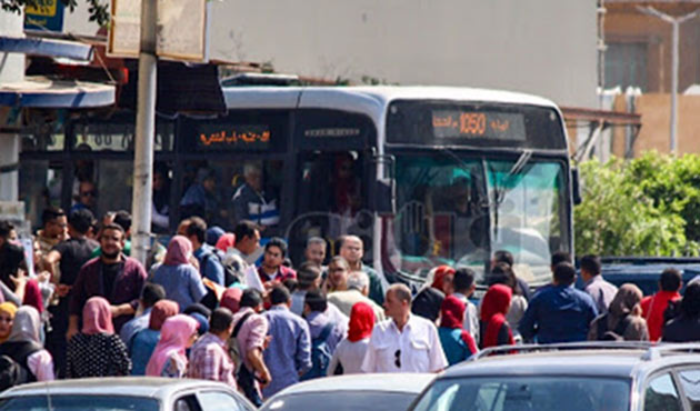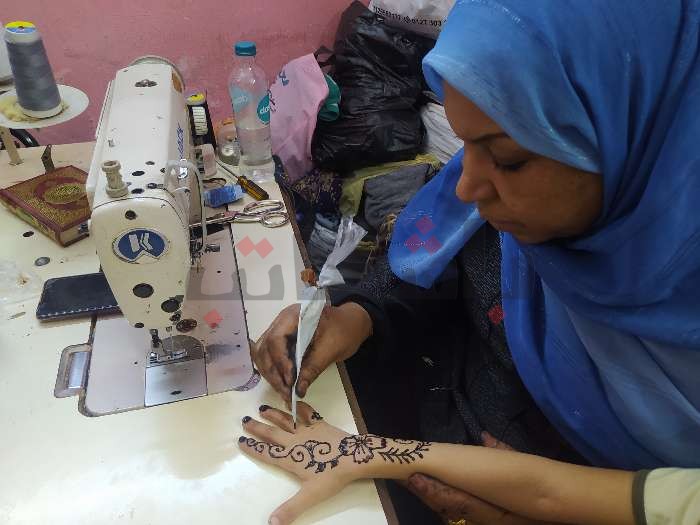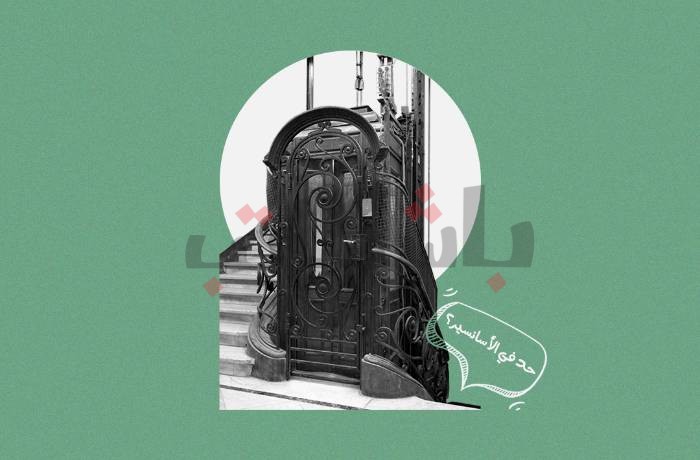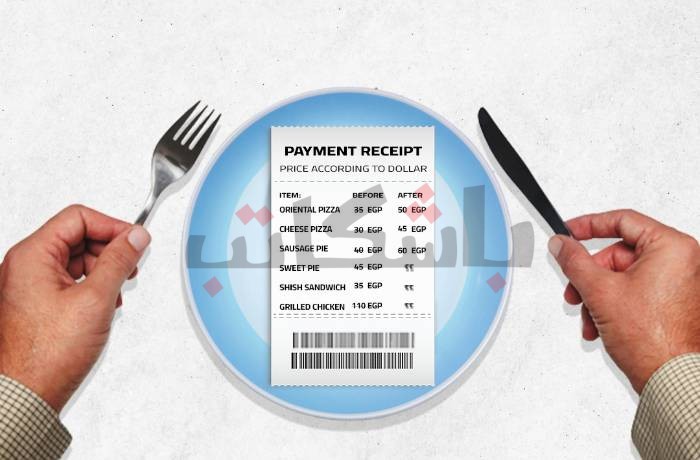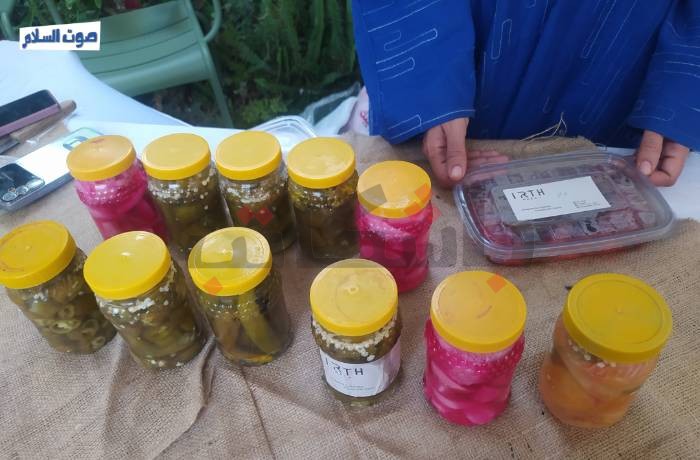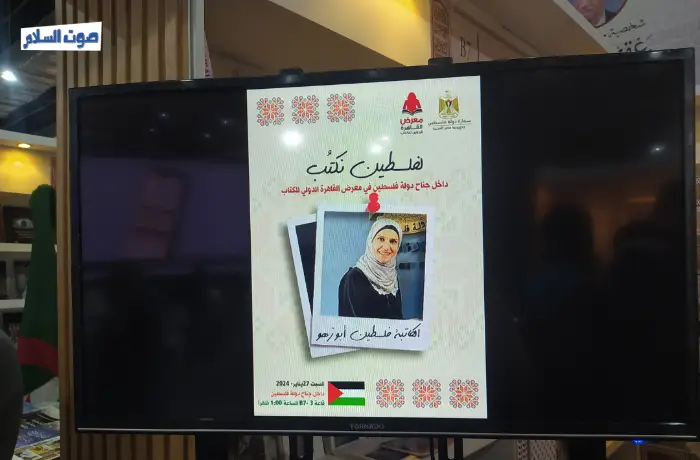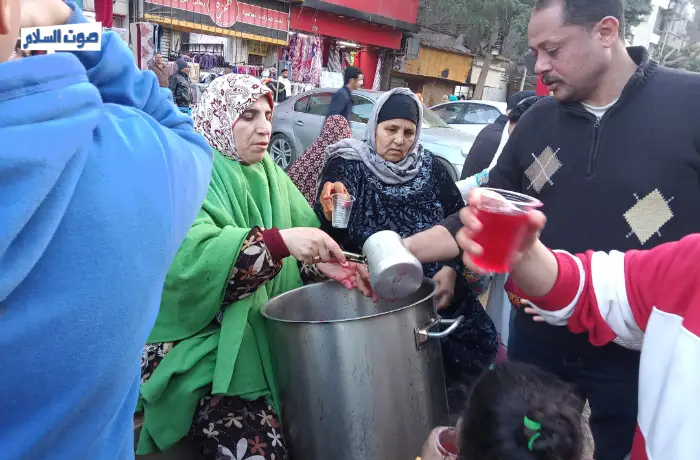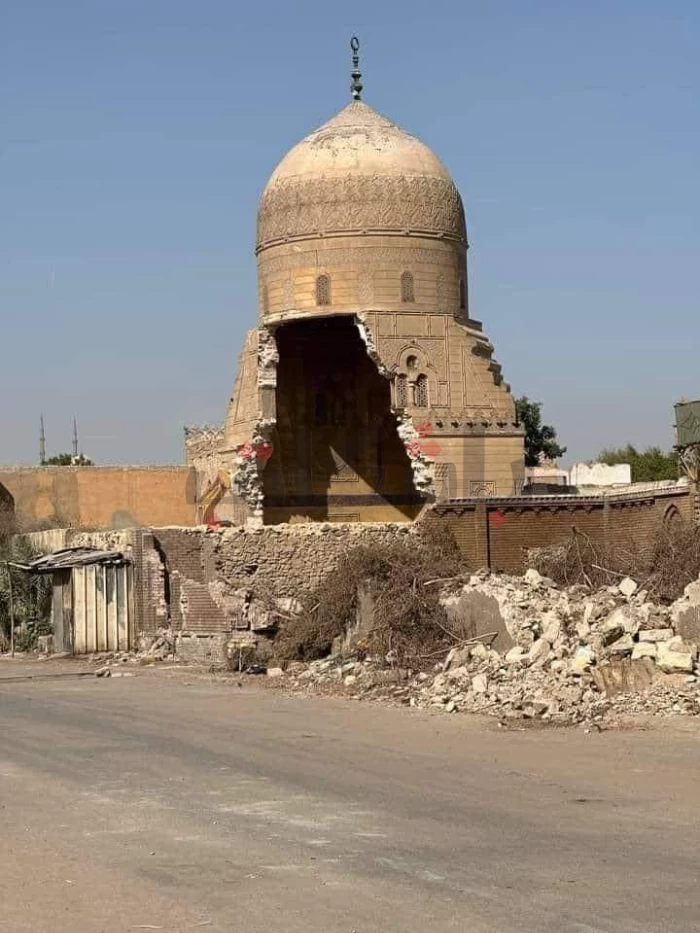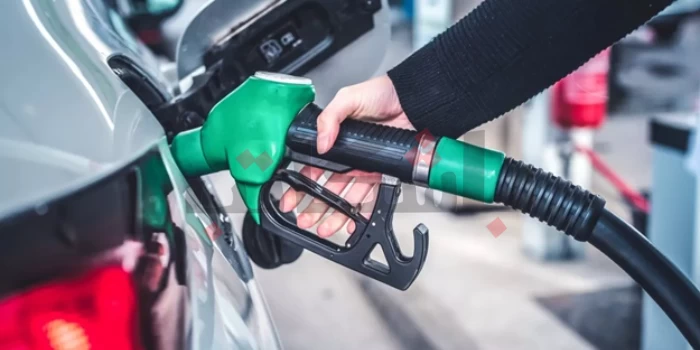It is just another Thursday, and another decision further complicating matters concerning the livelihoods of many families, or rather changing their lives forever.
On a quiet Thursday morning, the 25th of July holiday- 25th Revolution Holiday- citizens were getting ready for the rise in the public transportation fair as a result of the increase in fuel prices, the second increase during this year.
This rise was followed by an increase in the Metro tickets’ prices, which was another hit to the citizens’ wallets, as the highest category of the tickets reached 20 EGP, and the lowest 8 EGP. Things didn’t stop at that; train tickets followed this parade with an increase of 12% to all classes.
Frugality Is the Keyword
Samia Abdulhafez, a Professor at Beni Suef University, really misses taking the Spanish air conditioned TALGO train, which she gave up due to her tight budget, and finding out that transportation money is swallowing more “about 20% of the salary”; Samia takes the train three times a week, and since the increase if the tickets starting last January, Samia’s Cairo- Beni Suef trip’s budget has been wavering.
Samia gave up the Spanish TALGO train for the less expensive Russian one, so she can save the money to pay for the other means of transportation she also takes, as she takes the bus from her house to the railway station in Giza, then takes the train to Beni Suef, then takes a microbus to the university, noting that the microbus’s fare has also increased.
There is no escape from setting a budget for travelling, for in addition to this, Samia feels threatened by this nightmare of waking every morning on news of more increase in prices, which affects her budget and attempts to make ends meet during her stay in Cairo. Samia tries to just crowd all her trips for the week in one day, so she can save transportation money. Added to this, she stopped going to cultural events or seminars every week, and chose to go every fortnight or so, unlike in the past when she barely missed any event, all this for the sake of reducing transportation costs.
Abandoned Private Cars
A week ago, Abdulrahman Ahmed stopped taking his private car, he parked it in an abandoned garage letting it buried under piles of dust, as fuel prices increased and his salary couldn’t match it; 92-octane gas costs now 12.50 per litres, so Abdulrahman was forced to take public transportation instead, or calls for a “scooter” via one of the transportation applications, which is a kind of cheaper and faster solution.
A week after Abdulrahman’s decision, the transportation application announced an 80% rise in its prices, as a result of the increase in fuel price, the thing that sent him fuming; for years, he tried, through working hard and making more money, to design a routine for himself to make his life easier, and transportation was part of it.
Now, all dreams of leading a luxurious life have been shattered on the rock of this continuous increase in fuel prices. This is not the end of it, he is in a continuous chase trying to catch up all the time, “we can barely breathe between a decision and the other, once we adapt to a situation and try to find solutions, shortly, we’re surprised with another spur in the prices.”
It is worth mentioning that the Egyptian government has announced the gradual cessation of subsidising fuel products, after developing a comprehensive plan until 2025.
Extra Burden
Last Thursday, M.S. was surprised by the increase in Metro tickets for the elderly, as the highest category reached 10 EGP. This was bad news for the lady in her sixties, for she expected that the elderly and handicapped would be exempted from this increase in prices, that’s why, the old lady had to take a microbus -although it is unsuitable for her- so she can visit her children and grandchildren.
In Al-Matbaa Microbus Station, in Dar Al-Salam district, the fair to Haram, Giza, Al-Saiyda Zainab, Al-Mehwar, and Al-Maadi has increased by about 50 piasters. Many citizens commute to these places daily to work or school.
Jana Abdulmaksoud, third secondary grade, started taking private lessons, and she takes the microbus every day to commute to her tutors since they live in places far away from Dar Al-Salam. Most of her lessons are located in A-Maadi and Al-Sayida Zainab, she spends more than half her pocket money on transportation and paying the tutors. Jana wishes this “increasing” nightmare would stop, for she feels guilty for putting such a huge financial burden on the shoulders of her parents.
She is in constant search for solutions to cut down some expenses, but an increase in fuel prices means an increase in transportation fares, and food too, hence increase in private lessons cost as well, it is a domino chain always stirred by fuel.
Not only Jana dreams to wake up from such a nightmare, M.S., Abdulrahman, and Samia dream with her, hoping to live in more humane economic circumstances; “I’m so sad for how things are going on now, it is so undignified”, said Samia who doesn’t ask for the perfect economy, but for an end to these successive increases that keep her on her toes all the time, “we’re at our wits end”, as M.S. describes.
